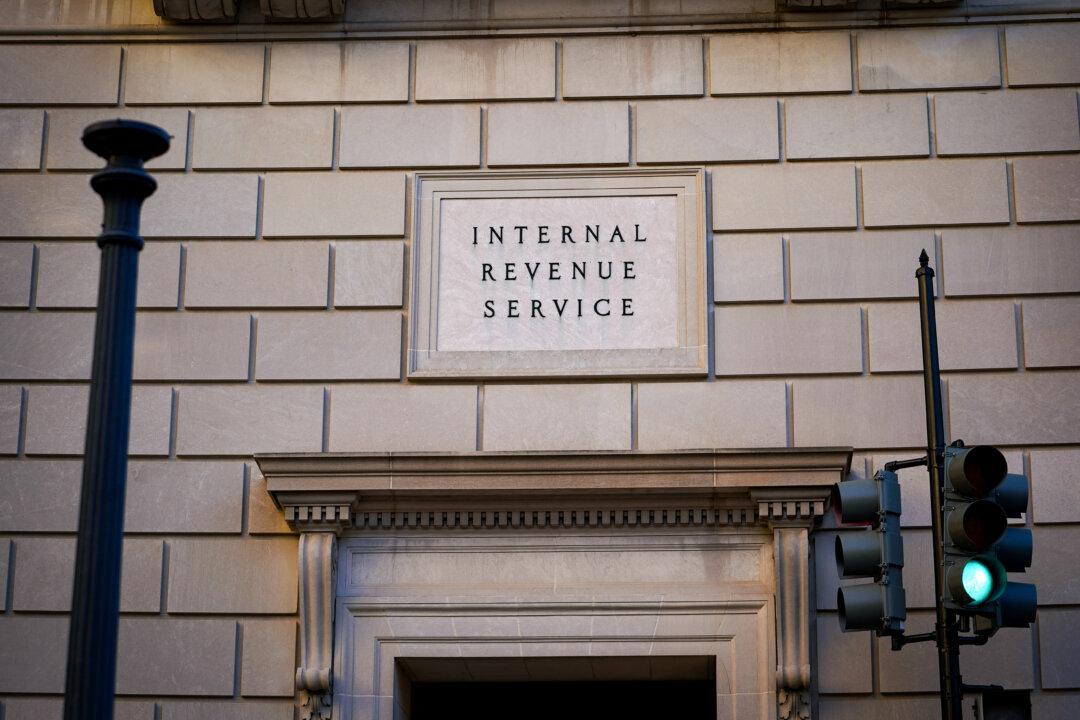The Internal Revenue Service (IRS) reminded taxpayers to report all cryptocurrency and digital asset incomes they made last year when filing returns during the upcoming filing season that begins next week.
A question regarding digital asset transactions appears on top of relevant tax forms and has been updated this year, the agency said in a Jan. 22 press release.





